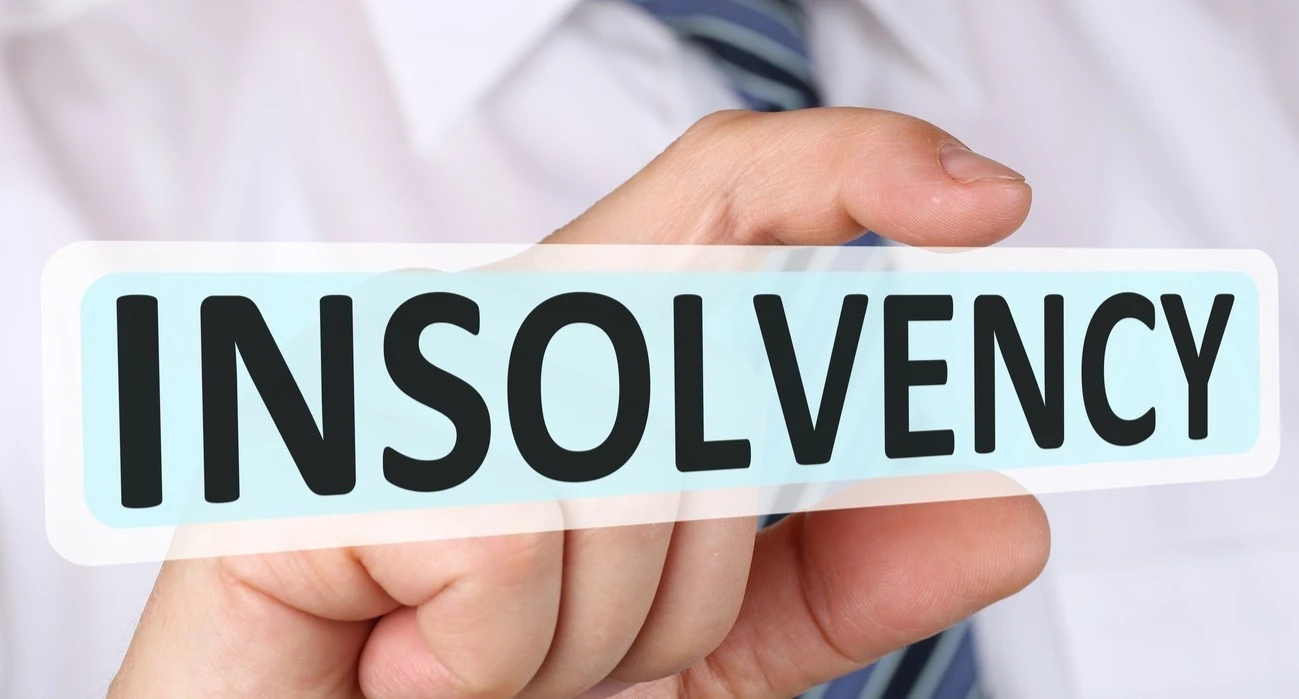Do You Need a Conveyancer or a Solicitor? Here’s How to Decide
Buying your first home is thrilling—but also packed with legal steps that can feel overwhelming. One question that trips up many first-time homebuyers in Australia is:
“Should I hire a conveyancer or a solicitor for the property transfer?”
Both professionals can handle the conveyancing process, but there are some key differences. In this guide, we’ll explain what conveyancing is, why it matters, and how to decide who’s best for your needs—without the legal jargon.
What Is Conveyancing?
Conveyancing is the legal process that ensures the ownership of a property is properly transferred from seller to buyer.
When you buy a home, you’re not just exchanging money and keys. Behind the scenes, there are contracts to review, title searches to perform, taxes to calculate, and laws to follow. That’s what conveyancing is all about—making your home purchase legally secure.
In Australia, conveyancing can be performed by:
- Licensed Conveyancers – Professionals who specialize solely in property transactions
- Solicitors (Property Lawyers) – Qualified lawyers who can offer broader legal advice if needed
Why Conveyancing Matters in Home Buying
Imagine buying a home, moving in—and then finding out the seller wasn’t legally allowed to sell it. That’s what proper conveyancing helps you avoid.
See more: Why Online Wills Are the Future of Estate Planning
Here’s what a good conveyancer or solicitor will do:
- Confirm the property title is clean (no debts, restrictions, or errors)
- Review and explain the contract of sale
- Ensure the property complies with council rules or zoning laws
- Manage settlement with your lender and the seller’s legal team
- Lodge documents with the government for official property transfer
In short, conveyancing protects your rights as a homebuyer.
Key Stages of the Conveyancing Process
While each state in Australia has slight differences, the conveyancing process usually follows these main stages:
1. Before the Contract Is Signed
- Reviewing the sale contract
- Performing property title and zoning searches
- Recommending special conditions (e.g., subject to finance)
2. Exchange of Contracts
- Both parties sign identical contracts
- A deposit is paid (usually 10%)
- The deal becomes legally binding
3. Cooling-Off Period (in some states)
- Buyers can back out within a few days
- A small penalty fee may apply
4. Pre-Settlement Checks
- Organizing final inspections
- Ensuring the mortgage is in place
- Preparing the Transfer of Land documents
5. Settlement Day
- Legal transfer of ownership occurs
- Funds are exchanged
- You receive the keys—congratulations!
What Documents Are Involved in Conveyancing?
Here’s a quick look at the most important documents during conveyancing:
- Contract of Sale – Details the terms of the purchase
- Vendor’s Disclosure (Section 32 in VIC) – Reveals the property’s legal condition
- Certificate of Title – Proves legal ownership
- Transfer of Land Form – Records the buyer as the new owner
- Mortgage Documents – If you’re using a home loan
- Settlement Statement – Final account of what’s owed or paid
Both conveyancers and solicitors handle these, but a solicitor may also help if something unexpected (like a legal dispute) pops up.
How Long Does Conveyancing Take?
On average, the conveyancing process in Australia takes 4–8 weeks. But this can vary depending on:
- The complexity of the sale
- Your bank’s approval process
- How quickly documents are signed and returned
- Whether issues arise with the property title
💡 Tip: Stay in touch with your conveyancer or solicitor to ensure a smooth timeline.
Common Mistakes to Avoid During Conveyancing
Whether you choose a solicitor or a conveyancer, here are some common pitfalls to avoid:
- ❌ Skipping the fine print – Always review the contract carefully
- ❌ Not budgeting for stamp duty and legal fees
- ❌ Using an inexperienced or overly cheap provider
- ❌ Delaying document sign-off which can hold up the entire settlement
- ❌ Not asking questions – You’re allowed to understand what you’re signing!
A trustworthy professional will explain everything in plain English. Don’t be afraid to ask.

Choosing the Right Conveyancer or Solicitor
Here’s how to decide who’s right for you:
✅ Choose a Conveyancer if:
- You have a straightforward property purchase
- You’re looking for a more cost-effective option
- You want someone who specializes in property law only
✅ Choose a Solicitor if:
- You’re buying off-the-plan, a commercial property, or dealing with complex contracts
- You suspect there might be disputes or legal risks
- You want extra legal protection beyond conveyancing
What to Look For:
- Licensed in your state or territory
- Transparent fees (avoid hidden costs!)
- Good communication and clear explanations
- Positive client reviews or recommendations
Final Tips for First-Time Homebuyers
Buying your first home is a big deal—and the conveyancing process doesn’t have to be scary.
Here are some quick tips to keep things simple:
- 📌 Don’t sign anything until your conveyancer/solicitor reviews it
- 📌 Ask for a timeline breakdown so you know what’s happening and when
- 📌 Compare at least 2–3 providers before deciding
- 📌 Keep your lender and legal rep updated on any changes
- 📌 Celebrate when settlement is done—you’ve made a smart, legally protected investment!
Conclusion: So, Do You Need a Conveyancer or a Solicitor?
The answer depends on your specific situation. For most homebuyers, a licensed conveyancer is more than enough. But if your purchase is legally complex or high-risk, a solicitor may give you that extra peace of mind.
🎯 Still not sure which one’s right for you?
Feel free to ask your questions in the comments below—or consult a local expert who can guide you through the process step by step.


